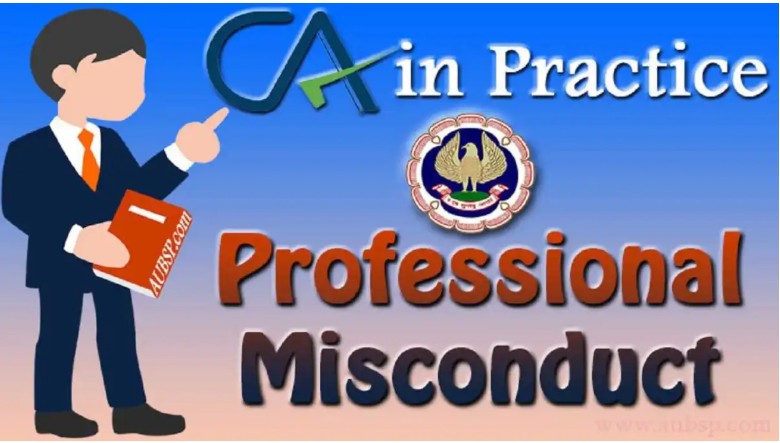Padma Khastgir, J.@mdashMr. Justice B.C. Basak on August 23, 1985 passed an Order in the matter of Bank of Madura Limited vs. Union of India and Others. The said order has been challenged in this appeal on two grounds. Firstly, although it had been recorded that the parties had no abjection to an Order being passed by the Learned Judge, the Bank of Madura, the appellant before this Court, has seriously challenged that observation of the Court on the ground that the Bank did not authorise the Learned Lawyer appearing on behalf of the Bank either to consent or not to object to an Order that was going to be passed by the Learned Court below. Secondly, the appellant had contended that, in an application for setting aside the award passed by the Central Industrial Tribunal the Learned Court below either should have allowed the application or dismissed the said application; whereas the Learned Judge has modified the award to certain extent. Mr. Bhaskar Gupta, Learned Lawyer appearing on behalf of the appellant, contended that it was not within the jurisdiction of the Learned Trial Court to do the same. The Learned Trial Judge further held in that impugned Order that the Circular, dated 11th December, 1981 issued by the Appellant-Bank shall stand and has not been superseded, but at the same time the Learned Trial Judge clarified the said Circular in the manner as indicated in the order itself. Reference to the Central Industrial Tribunal had been made for determination of the issue as set out hereinbelow:
Whether the action of the management of Bank of Madura Limited, Calcutta in not sanctioning the leave on medical ground of the staff whose names are mentioned in Annexure and not paying wages for the periods mentioned against each workman is justified or net?
2. Such reference was made by the Government of India, ministry of Labour, on 2nd of February, $983 inasmuch as five of the employees of the Appellant-Bank, viz., Shri Sanjay Mukherjee, Smt. Maitrayee Banerjee, Smt. Archana Kanungo, Babla Saha and Smt. Debjani Basu, absented themselves for the period as mentioned in the said award for which wage-cut had been effected for the period of leave which was not sanctioned by the Appellant-Bank. Although the Appellant Bank was not a party to the Bipartite Settlement, but it had incorporated in its condition of service and leave rules - 13.21, which provides that an employee may avail of privilege leave for a period of more than four days at a time on the ground of sickness on production of Medical Certificate, and 13.33, which provides that all sick leave shall be granted on production of a Medical Certificate acceptable to the Bank. Those rules entitle the Bank to insist upon a Medical Certificate at the time of grant of the privilege leave for a period of more than four days on the ground of sickness upon the production of such Medical Certificate and such Certificate shall be acceptable to the Bank and also a Certificate which may be termed as ''fitness Certificate'' at the time of resumption of duties and/or rejoining of duties. While disposing of the reference on the issue that had been referred to for determination, the Learned Tribunal instead of determining whether such wage-cut was justifiable or not, which was the subject matter of the reference, had gone beyond the reference in holding in the award itself that the demand of two Certificates from the employees was unreasonable and impracticable. There was no reference by the Central Government for the purpose of determining as to whether the Circular incorporating the terms and conditions of such leave was regular or not. The question of annulment of the said Circular was not the subject-matter of the reference before the Learned Tribunal. As indicated earlier, the only question, which has been referred to, was whether the action of wage-cut in respect of those employees by the Bank of Madura was justified or not.
3. Section 10(4) of the Industrial Disputes Act provides:
Where in an Order referring an industrial dispute to a Labour Court, Tribunal or National Tribunal under this Section or in a subsequent. Order, the Appropriate Government has specified the points of dispute for adjudication, the Labour Court or the Tribunal or the National Tribunal, as the case may be, shall confine its adjudication-to those points and matters incidental thereto.
The Learned Tribunal has stated that the annulment of the Circular by holding it unreasonable is a matter incidental to the reference. The Circular, which goes to the root of the matter inasmuch as it determines whether the wage-cut pursuant to such Circular was justified or not, could not be a matter incidental to the matter to the question which had been referred to the Tribunal, inasmuch as it goes to the root of the matter. Under the circumstances, the Tribunal itself was not justified in finding that such provision in the Circular was unreasonable and impracticable.
4. Mr. Bhaskar Gupta, Learned Lawyer appearing on behalf of the Appellant-Bank, submitted that not only this point was not for consideration before the Tribunal but also such rules adopted by the Bank from the Bipartite Agreement does not suffer from unreasonableness inasmuch as save and except the employees in respect of which other reference have been made to the Tribunal all other employees have been strictly complying with the said rules not only in this Bank but also in other Banks. The Tribunal had no jurisdiction under this reference to set aside the said Circular. In any event, in the impugned Order, as indicated earlier, the Learned Judge instead of either setting aside the award of dismissing the application had himself sat in the position of the management of the Bank by formulating the Medical Rules which, in our view, the Learned Trial Court was not entitled to do.
5. Under the circumstances, the judgment appealed from is set aside and the appeal is allowed.
6. As a special case, in the instant case this Court directs the Bank not to enforce the wage-cut that has already been made in this case which would not be treated as a precedent.
This disposes of the appeal itself.
Mahitosh Majumdar, J.
7. I agree.

